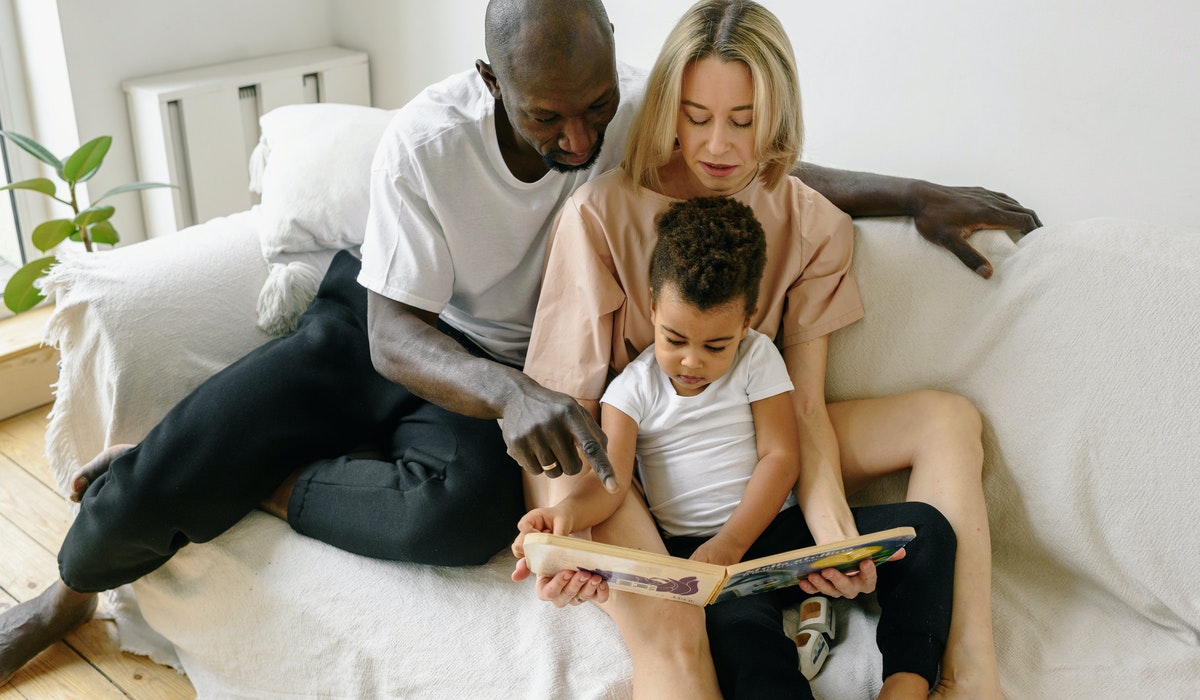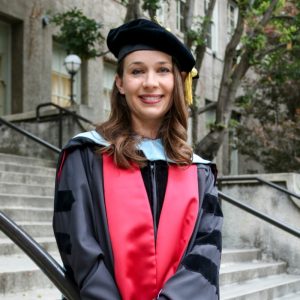 *This article is a guest post from Dr. Deana Westedt, an Elite Academic parent
*This article is a guest post from Dr. Deana Westedt, an Elite Academic parent
Although phonics plays an important part in a child’s reading development, there is so much more to laying the foundation for children’s success in literacy.
Read on for simple and easy ways to pave the path to literacy (no flashcards required!):
1. Include some rhyming songs and games in your day
Silly wordplay is not only fun, but it also builds important pre-literacy skills to prepare students to substitute and manipulate phonemes (sounds) in oral language which in turn prepares them to use word chunks and blending to read new text. Fun tunes like the Name Song (Billy Billy Bo Milly…) and reading nursery rhymes (bonus points for clapping every time you say a rhyming word!) are very impactful ways to build up students’ readiness for reading.
2. Access to lots and lots of books!
Although books can be expensive, you don’t have to spend a fortune (or anything at all, really!) to provide an array of texts for reading and enjoyment. The public library is a great resource for accessing a variety of children’s literature and often, they have a little store where extra copies or donated books are sold at very low prices, sometimes as low as 25 cents a book. Libraries and bookstores often have reading incentive programs, too, where a free book is the prize. Also, consider partnering with other parents for a book exchange.
3. Building your child’s vocabulary
Aside from reading aloud to your child, which has been shown to greatly increase a child’s vocabulary exponentially, providing experiences that promote new words and dialogue help, too! Baking, gardening, a visit to the park, or a walk in the neighborhood are all great opportunities to build your child’s vocabulary simply by talking about what is around you.
About the author
 Dr. Deanna Westedt is an Elite Parent as well as a speaker, teacher and motivator. Dr. Deanna Westedt is helping parents maximize their homeschool experience to bring out the full potential of learning in the home setting. She tackles the most common and difficult challenges of homeschool, drawing from both personal homeschool experience and blending that with developmental and learning theory. Her unique understanding of the homeschool lifestyle combined with her research into scaffolding learning for all kinds of learners, including those with learning disabilities and giftedness, makes her guidance second to none!
Dr. Deanna Westedt is an Elite Parent as well as a speaker, teacher and motivator. Dr. Deanna Westedt is helping parents maximize their homeschool experience to bring out the full potential of learning in the home setting. She tackles the most common and difficult challenges of homeschool, drawing from both personal homeschool experience and blending that with developmental and learning theory. Her unique understanding of the homeschool lifestyle combined with her research into scaffolding learning for all kinds of learners, including those with learning disabilities and giftedness, makes her guidance second to none!





